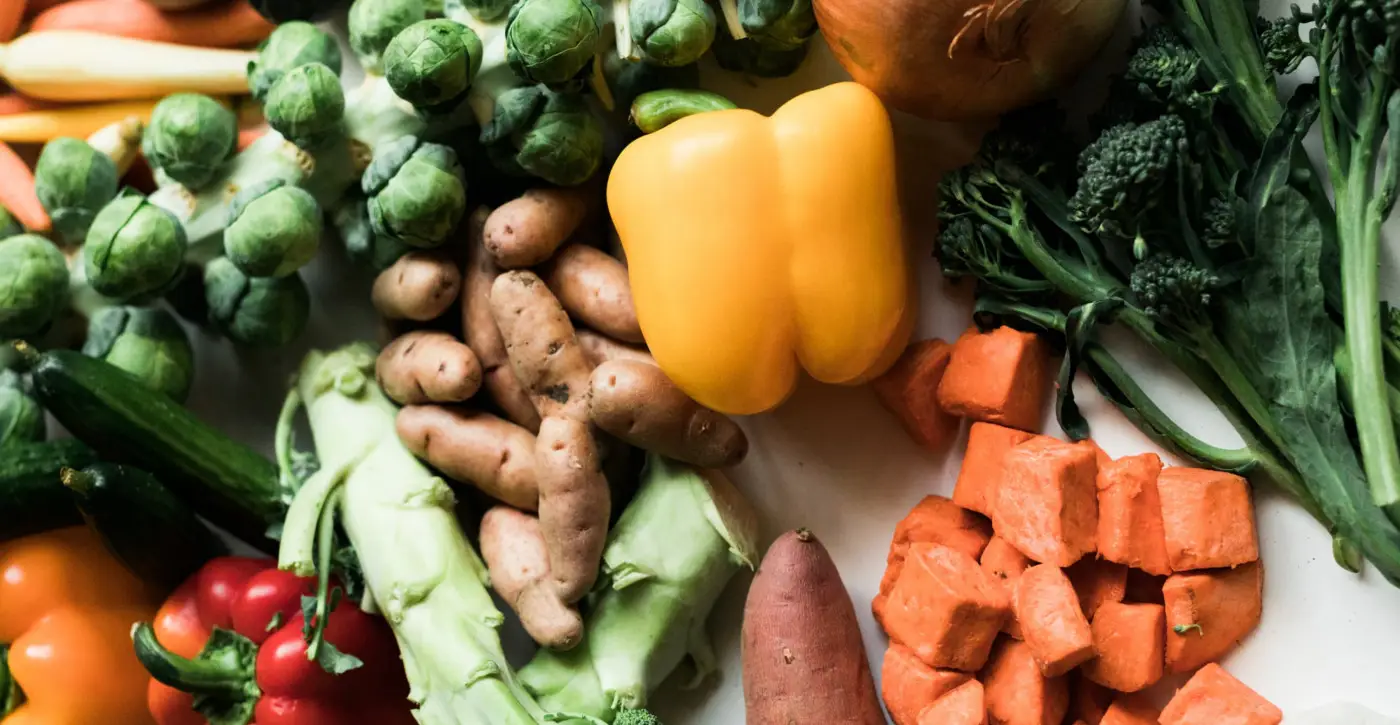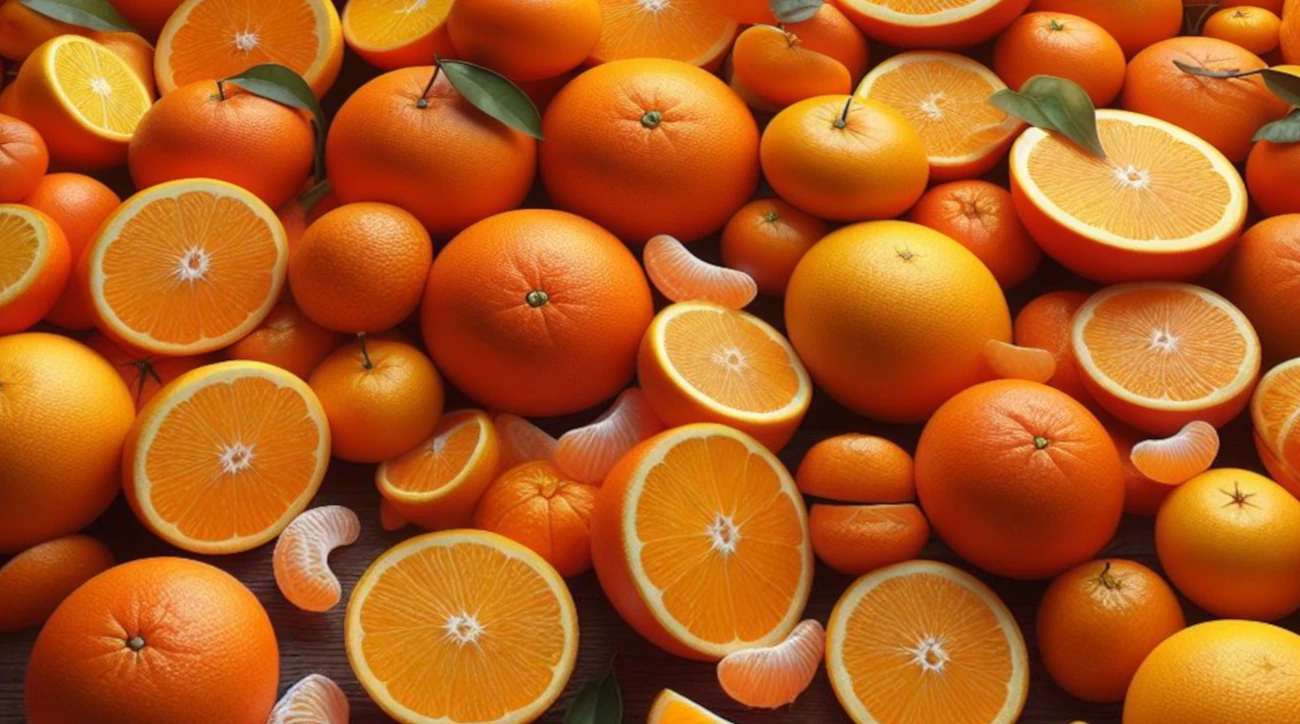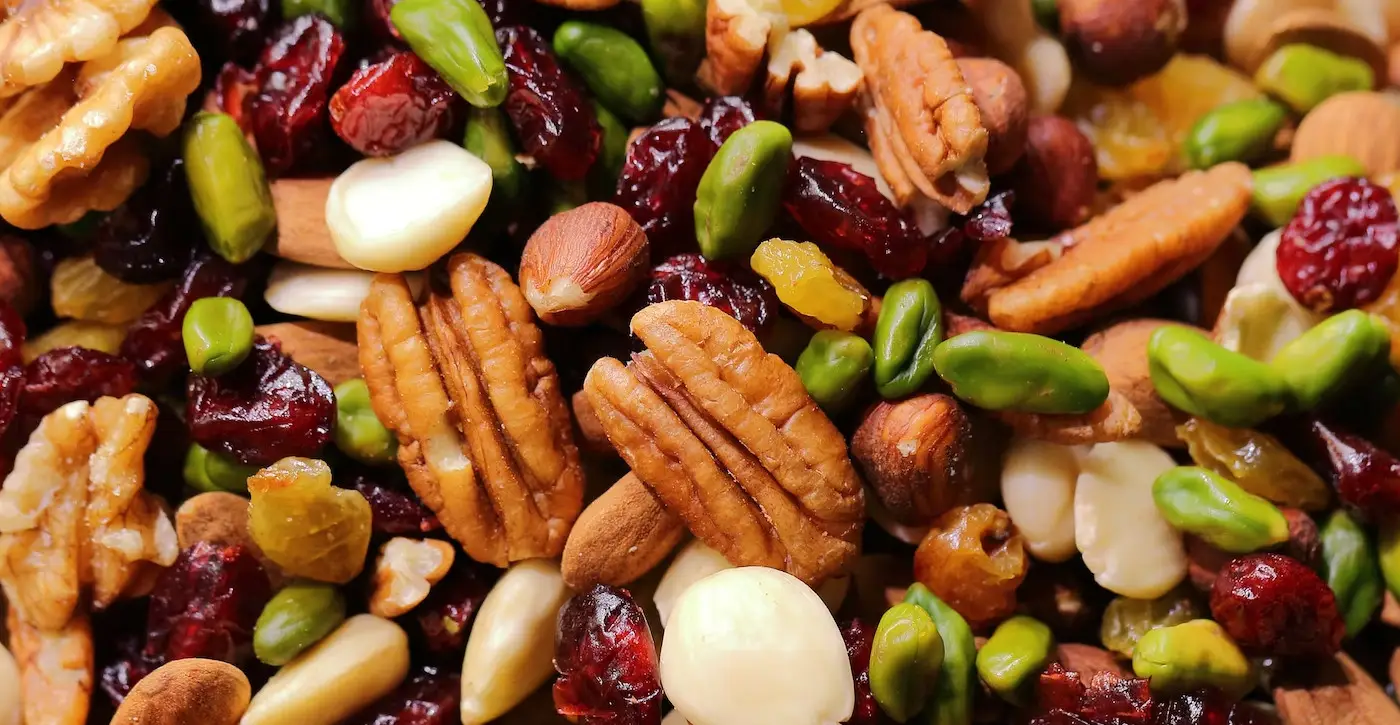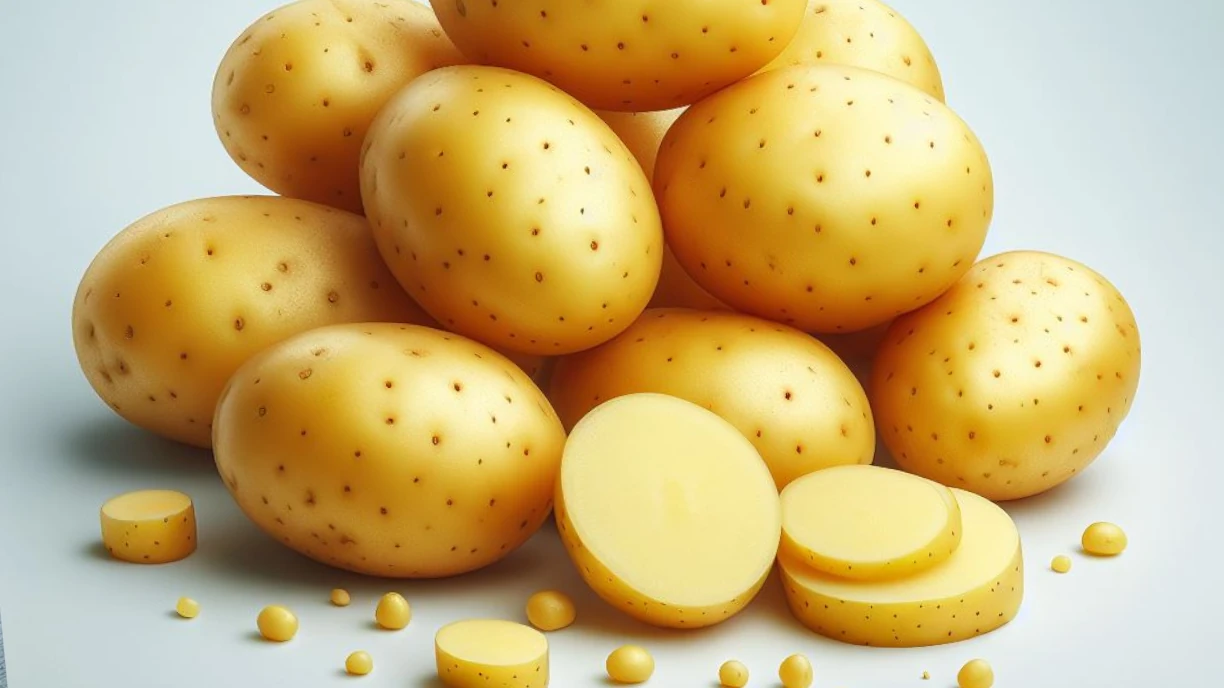Lima Beans, Cooked Lysine and Arginine Info Sheet
Overview
Lima beans are a type of legume that have a large, flat, and green or white seed.They are usually cooked by boiling, baking, or stewing.
Lima beans are a good source of protein, fiber, iron, folate, and magnesium.
They are also low in fat and sodium, but high in carbohydrates and starch.
They may help lower cholesterol, blood sugar, and blood pressure.
They may also prevent anemia, constipation, and neural tube defects.
| Name | Lysine (mg/100g) | Arginine (mg/100g) | Ratio |
|---|---|---|---|
| Lima Beans, Cooked | 450mg | 454mg | 0.987 |
Lima Beans, Cooked contains 450mg of Lysine and 454mg of Arginine per 100g of product.
This means Lima Beans, Cooked has a neutral Lysine-Arginine ratio of 0.987.
Because Lima Beans, Cooked has a neutral ratio of lysine and arginine, it does not have a significant impact on people who suffer from herpes, as it does not affect the viral activity.
Lysine Considerations
Lima beans are a good source of lysine, an essential amino acid that is important for collagen synthesis, immune function, and calcium absorption.
Lysine also helps prevent cold sores and herpes outbreaks.
It is one of the nine amino acids that the body cannot make by itself, so it has to come from the food we eat.
Lysine has a variety of functions in the body, such as helping with growth, healing, energy, immunity, and collagen production.
Lysine may also have some effects on the herpes virus, which causes cold sores and genital sores.
Studies have suggested that taking lysine supplements or applying lysine cream may help prevent or treat these infections by blocking the amino acid arginine, which the virus needs to grow.
Arginine Considerations
Lima beans are also a good source of arginine, another essential amino acid that is involved in nitric oxide production, wound healing, and blood vessel dilation.
Arginine may also improve erectile function, blood pressure, and cardiovascular health.
Arginine has a variety of benefits for our wellbeing and performance, such as lowering blood pressure, enhancing wound healing, and increasing exercise endurance.
Arginine can also affect the herpes virus, which causes cold sores and genital herpes.
Studies suggest that arginine may help the virus grow and cause outbreaks, so people with herpes may want to avoid foods that are high in arginine or take lysine supplements to block its effects.
Lysine-Arginine Ratio
Lima beans have a slightly lower lysine-arginine ratio, which means they favor arginine over lysine.
This may be detrimental for people who have herpes, as a high arginine intake may trigger outbreaks, while a low lysine intake may worsen them.
The herpes simplex virus, which causes oral and genital herpes, needs arginine to multiply and infect cells.
Lysine, on the other hand, can interfere with the absorption of arginine in the intestine, and thus limit the availability of arginine for the virus.
By eating a diet higher in lysine than arginine, one may be able to prevent or treat herpes flare-ups.
Foods that have a high lysine-arginine ratio include dairy, fish, poultry, fruits, and vegetables.
These foods can supply the body with sufficient lysine to compete with arginine and inhibit the virus from replicating and causing flare ups.
Dietary Considerations
Legumes are plant-based foods that are high in protein, fiber, and minerals.
Legumes also contain lysine and arginine, but the amount varies depending on the type of legume.
Soy-based products, such as tofu, tempeh, soybeans, and soy milk, have more lysine than arginine, which makes them suitable for people with herpes.
Other legumes, such as beans, lentils, and chickpeas, have more arginine than lysine, which makes them less favorable.
These legumes can still be consumed in moderation, as they have other health benefits.
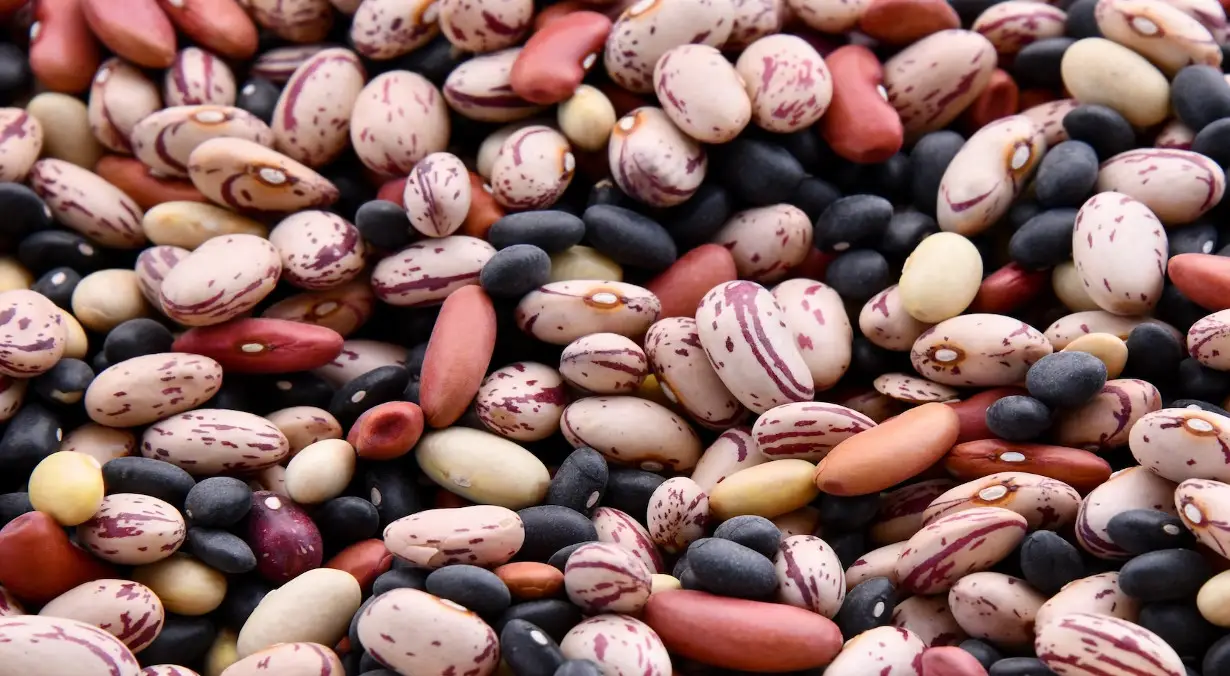
For example:
Drinking enough water to keep yourself hydrated and remove toxins from your body.
Water can also help prevent dryness and irritation of the skin and mucous membranes, which can result in fewer outbreaks.
Consider taking l-lysine supplements, which can help prevent herpes outbreaks and stop a cold sore before it emerges by limiting the availability of arginine for the virus, which it requires to produce a cold sore.
Other food supplements, such as vitamin C, zinc, selenium, and antioxidants, can help you boost your immunity and protect your cells from oxidative stress.
Your immune system can be weakened and inflammation can be increased by foods that can cause allergic reactions or sensitivities, such as gluten, dairy, nuts, eggs, or shellfish.
Avoid these foods to avoid outbreaks.
Eating foods that can soothe your symptoms and speed up your healing process, such as honey, yogurt, aloe vera, and chamomile.
These foods have anti-inflammatory, antiviral, and antibacterial properties that can reduce pain, swelling, and itching, and promote tissue repair.
Check more food information

